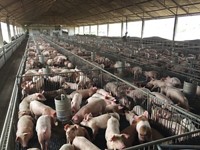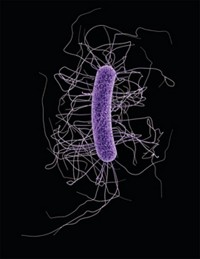Advertisement
Grab your lab coat. Let's get started
Welcome!
Welcome!
Create an account below to get 6 C&EN articles per month, receive newsletters and more - all free.
It seems this is your first time logging in online. Please enter the following information to continue.
As an ACS member you automatically get access to this site. All we need is few more details to create your reading experience.
Not you? Sign in with a different account.
Not you? Sign in with a different account.
ERROR 1
ERROR 1
ERROR 2
ERROR 2
ERROR 2
ERROR 2
ERROR 2
Password and Confirm password must match.
If you have an ACS member number, please enter it here so we can link this account to your membership. (optional)
ERROR 2
ACS values your privacy. By submitting your information, you are gaining access to C&EN and subscribing to our weekly newsletter. We use the information you provide to make your reading experience better, and we will never sell your data to third party members.
Pharmaceuticals
WHO shuns use of antibiotics in healthy animals
by Britt E. Erickson
November 13, 2017
| A version of this story appeared in
Volume 95, Issue 45

Farmers and the food industry should stop using antibiotics for growth promotion and disease prevention in food-producing animals, the World Health Organization says in new recommendations. The guidelines, released Nov. 7, call for slashing the use of all classes of medically important antibiotics in animals that have not been diagnosed with a disease. The recommendations aim to combat antibiotic resistance and “preserve the effectiveness of antibiotics that are important for human medicine.” Antibiotics should be given to healthy animals to prevent disease only when other animals on the same farm have been diagnosed with a disease, WHO says. The U.S. Department of Agriculture disagrees with the WHO recommendations, claiming they are “not supported by sound science.” The U.S. Food & Drug Administration allows the use of antibiotics for “treating, controlling, and preventing disease in food-producing animals under the professional oversight of licensed veterinarians,” says USDA’s acting chief scientist, Chavonda Jacobs-Young. WHO claims that “improving hygiene, better use of vaccination, and changes in animal housing and husbandry practices” would help eliminate the need for antibiotics for disease prevention.




Join the conversation
Contact the reporter
Submit a Letter to the Editor for publication
Engage with us on Twitter